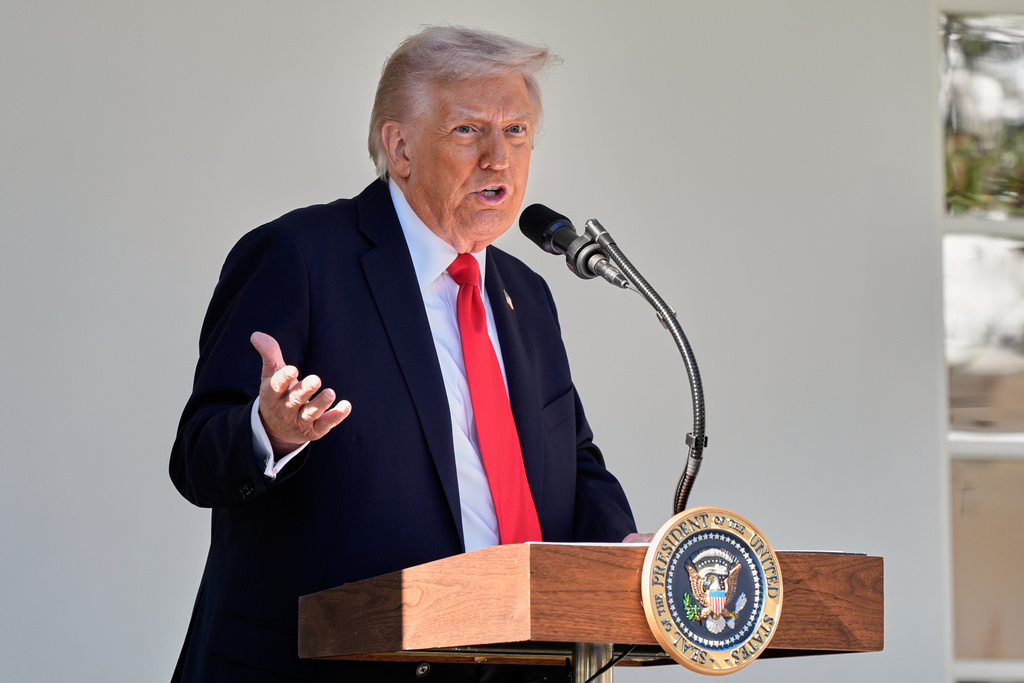Explaining the Potential Impact of the U.S. Energy Sanctions on Russia

The United States has imposed sweeping new sanctions on Rosneft and Lukoil, Russia’s two largest oil producers. Announced by President Donald Trump on Wednesday, the measures represent the administration’s most consequential move yet against Russia’s energy sector.
In this article, The Gaze explains what the new U.S. energy sanctions mean for Russia, global markets, and the war in Ukraine.
The sanctions, enforced by the Office of Foreign Assets Control (OFAC), effectively blacklist Rosneft and Lukoil and over thirty of their subsidiaries. All U.S. entities are now barred from doing business with them, and foreign firms risk secondary sanctions if they continue cooperation.
“These sanctions are about stopping the killing,” Treasury Secretary Scott Bessent said. “Given President Putin’s refusal to end this senseless war, Treasury is sanctioning Russia’s two largest oil companies that fund the Kremlin’s war machine.”
The sanctions strike at the very foundation of Russia’s economy. Oil and gas revenues account for roughly a quarter of the Kremlin’s federal budget, financing social programs, regional subsidies, and military expenditures.
According to Bloomberg, Rosneft and Lukoil together export more than 3.1 million barrels of crude oil per day – nearly half of Russia’s total output. Rosneft alone produces about 6% of the world’s oil supply, underscoring how deeply the measures could reverberate across global markets.
Former U.S. Ambassador to Ukraine John Herbst told the BBC that the sanctions “will certainly hurt the Russian economy, which is already stumbling,” though he warned against expecting immediate political change. “It’s naive to think this alone will push Putin to negotiate in good faith,” he said.
Another former ambassador, Bill Taylor, added: “This is a clear signal to Putin that he can’t wait out the West. These sanctions show that economic pressure will continue until he comes to the table.”
Global oil prices jumped 5% within hours of Trump’s announcement, with Brent crude reaching its highest level in months. The immediate spike reflected uncertainty about whether Moscow could redirect exports to China, India, or Turkey – nations that together buy most of Russia’s oil.
However, experts believe the long-term market impact will depend on whether Washington enforces secondary sanctions on intermediaries and financial institutions facilitating Russian oil sales.
Economists say the sanctions will force Moscow into increasingly difficult trade-offs between maintaining domestic stability and financing its war.
“Russia will soon face the choice between sustaining social spending or funding a prolonged conflict,” said Michael Raska of Singapore’s Nanyang Technological University. “As revenues shrink, the Kremlin’s ability to balance both will erode.”
Experts remain cautious about whether sanctions alone can truly compel peace. Dr. Rollo argues the sanctions aim to “erode Russia’s industrial and fiscal capacity to wage war while coercing its leadership to negotiate peace.” Yet he doubts they will have an immediate impact on the ground.
“For sanctions to succeed, they must be sustained for months, not weeks,” he said. “The Kremlin must come to believe that continuing the war is more dangerous than making concessions.” Still, the political symbolism is unmistakable.
In addition, the United States’ move aligns closely with the United Kingdom, which sanctioned Rosneft and Lukoil last week, and the European Union, which on Thursday approved a new package banning Russian liquefied natural gas imports.
Ukrainian Ambassador to the U.S. Olha Stefanishyna hailed the decision as “a long-awaited sign that strength, not appeasement, brings peace.” She added that Ukraine expects “strong, synchronized action from European partners."
As The Gaze reported earlier, India is preparing to sharply reduce and soon nearly eliminate imports of Russian oil after Washington imposed sweeping sanctions on Rosneft and Lukoil.